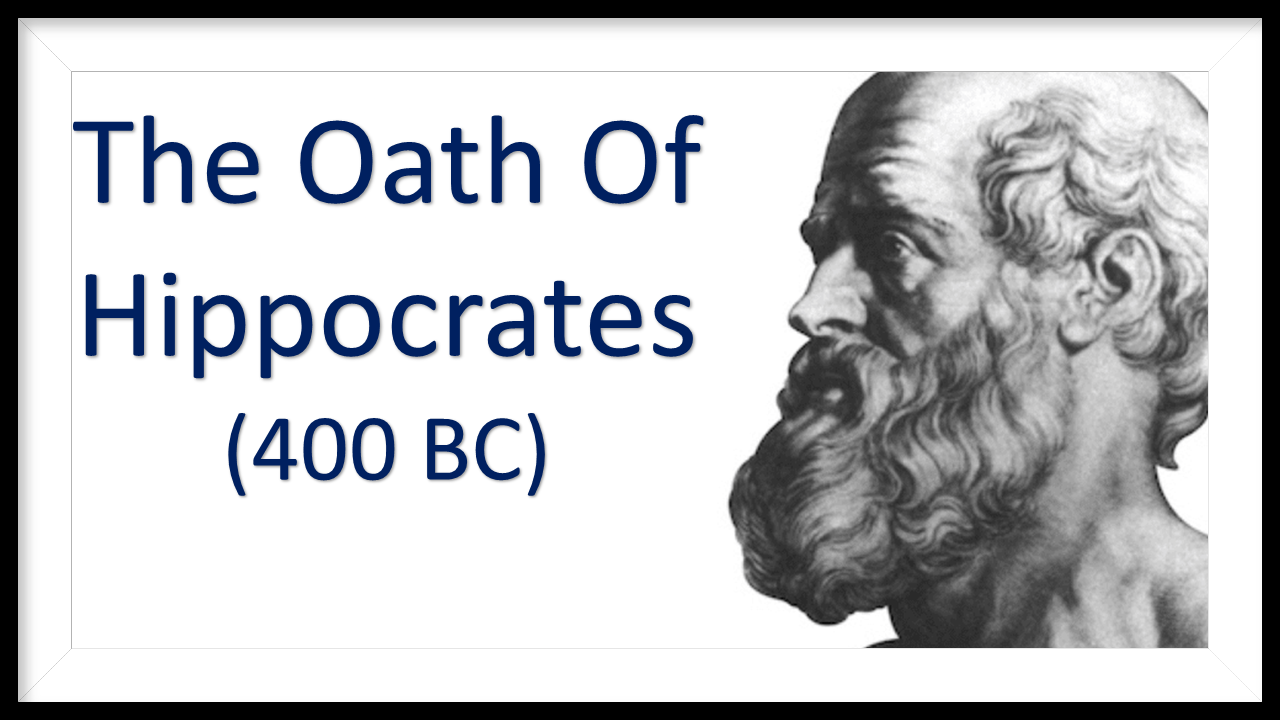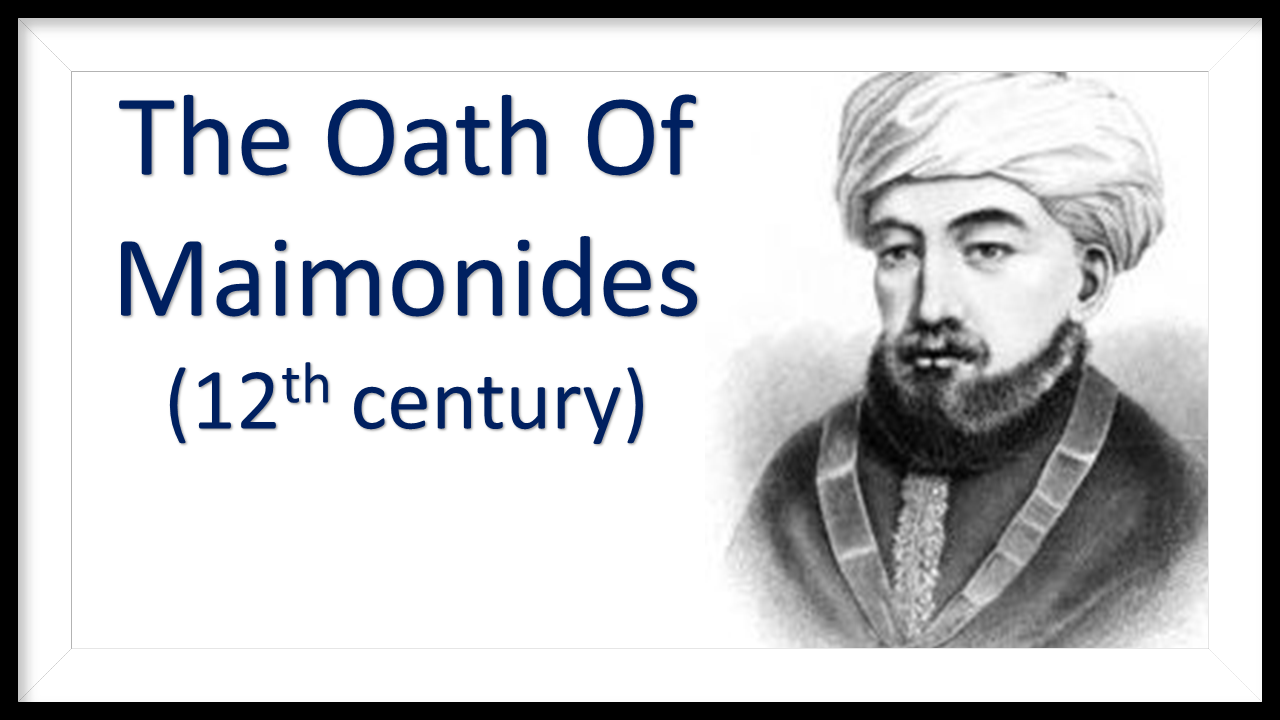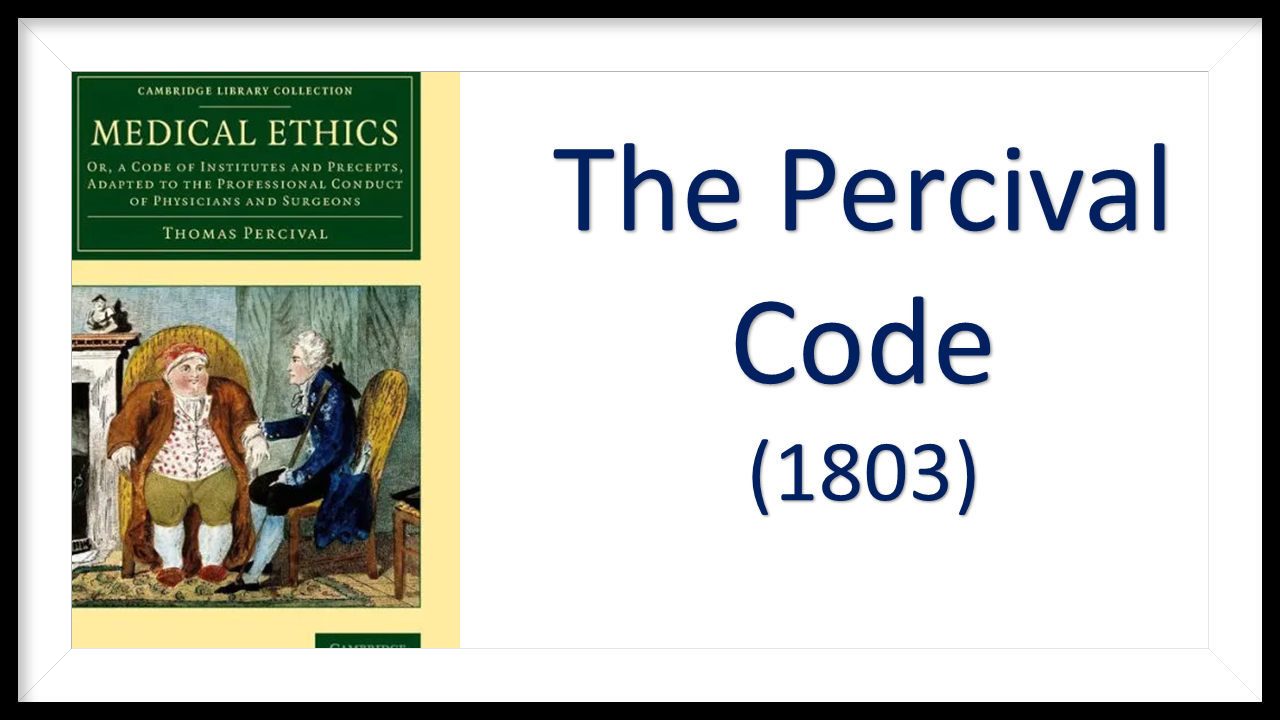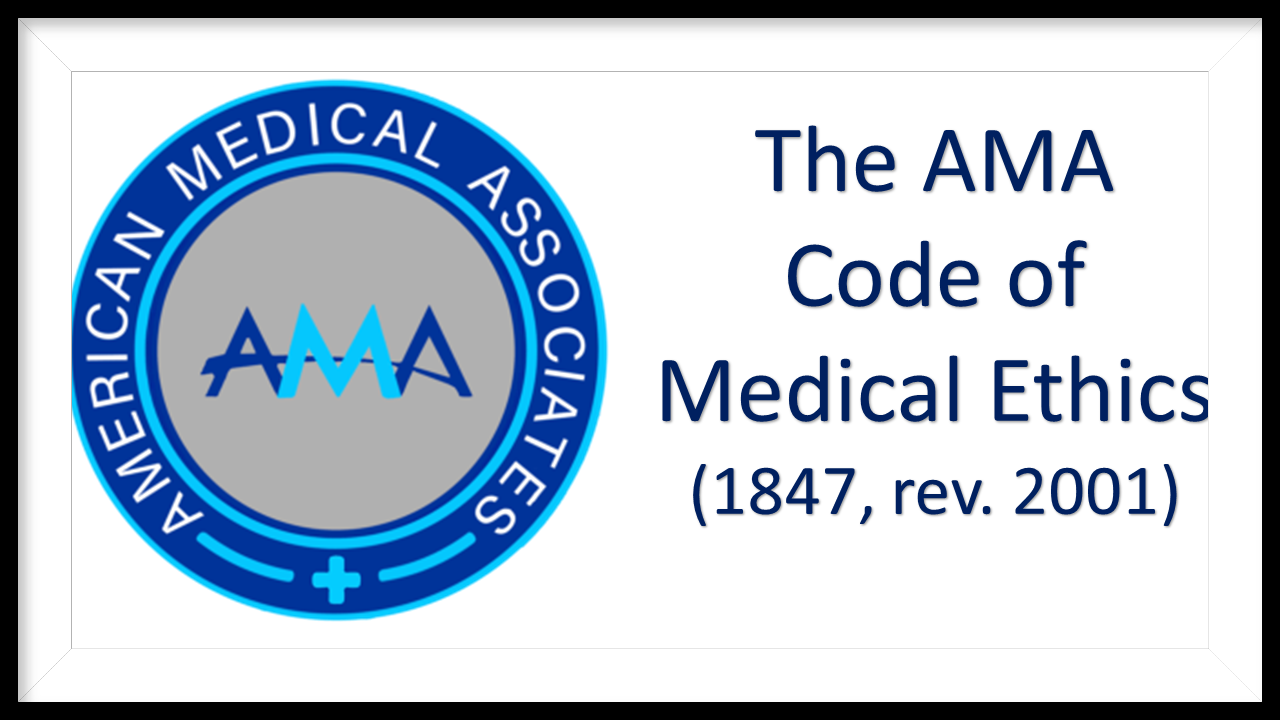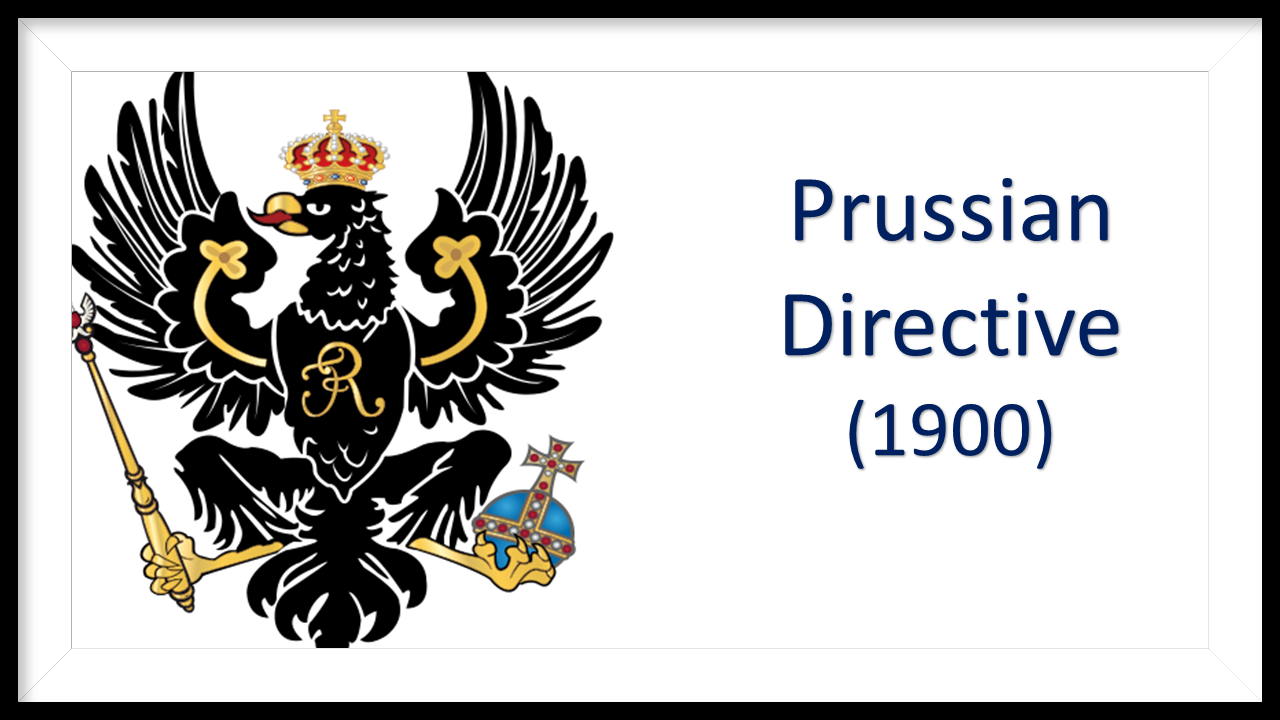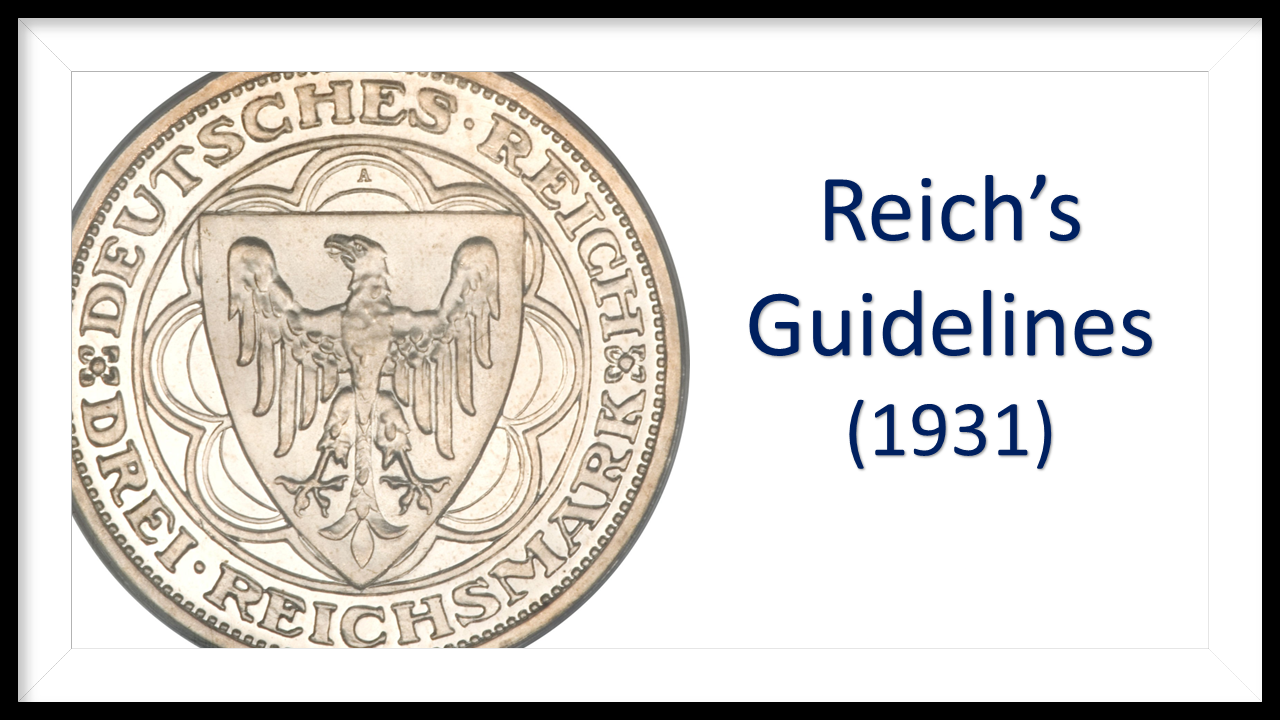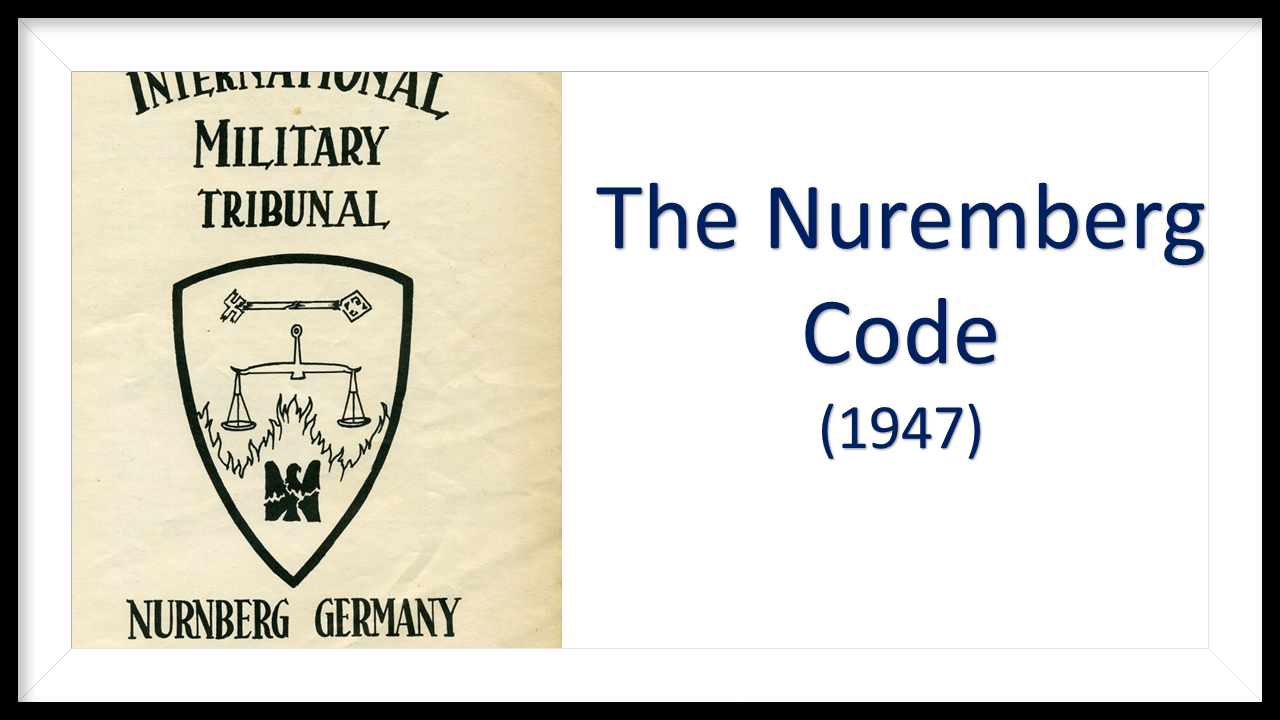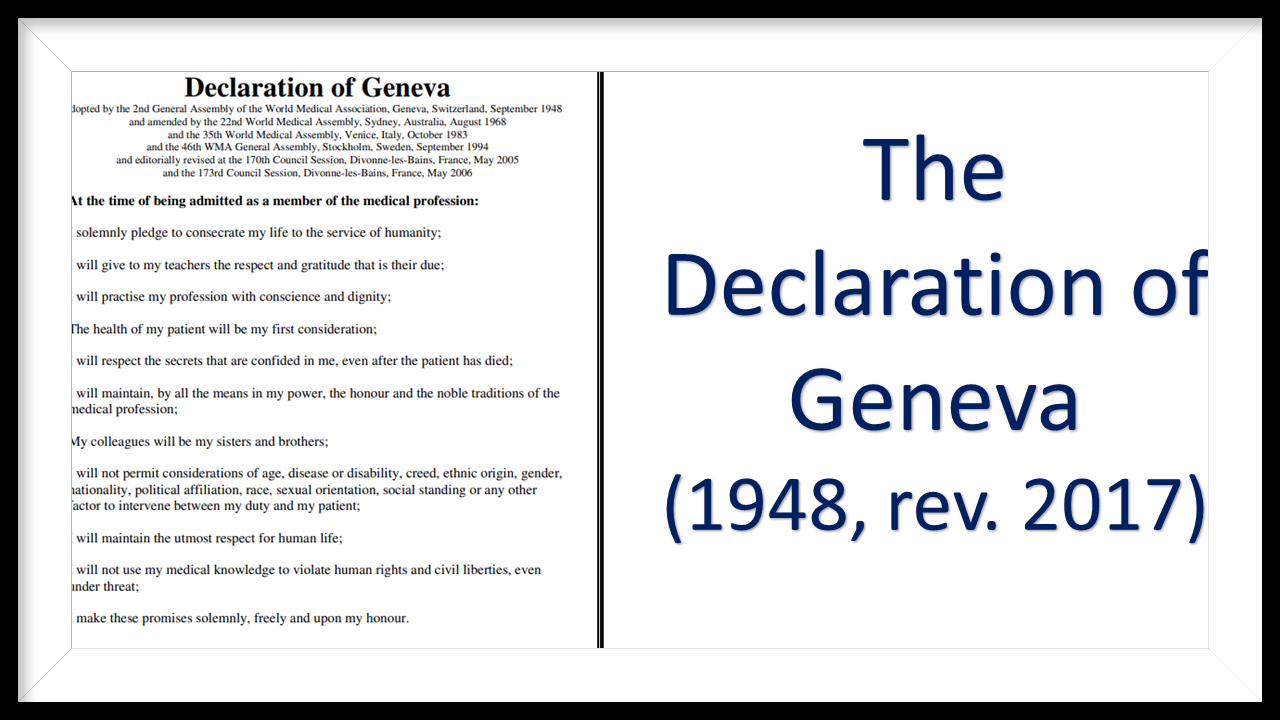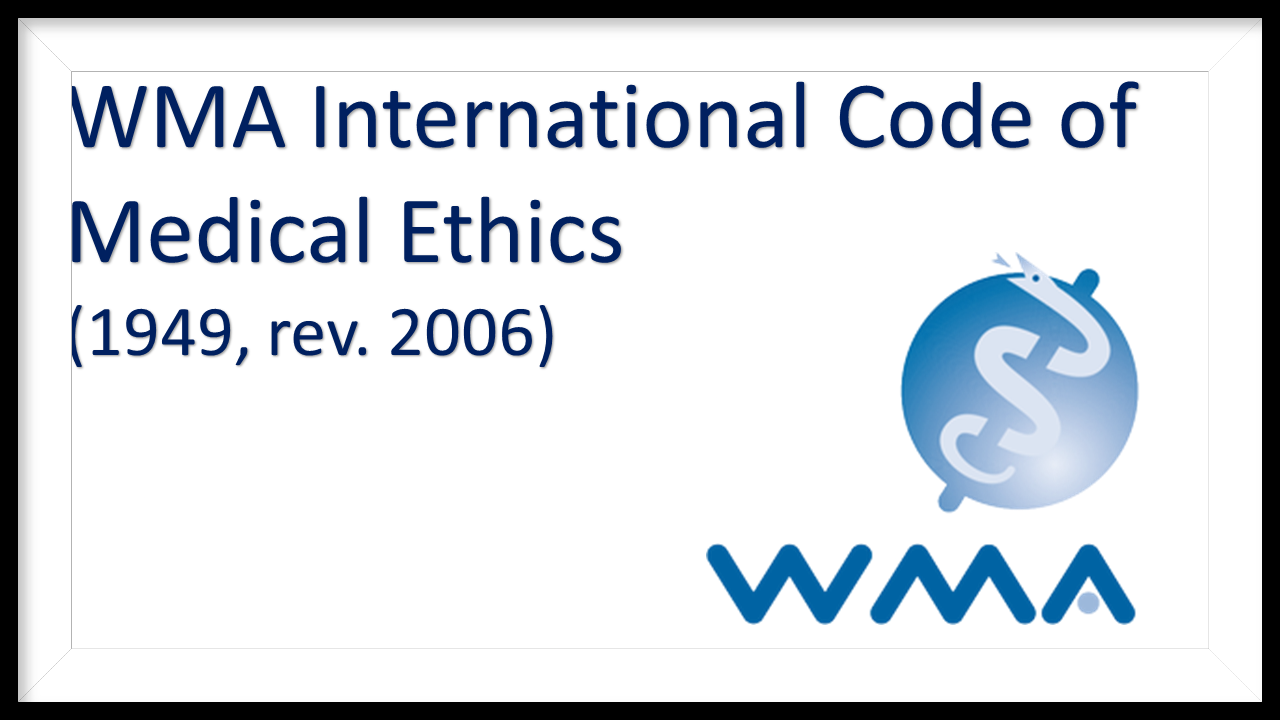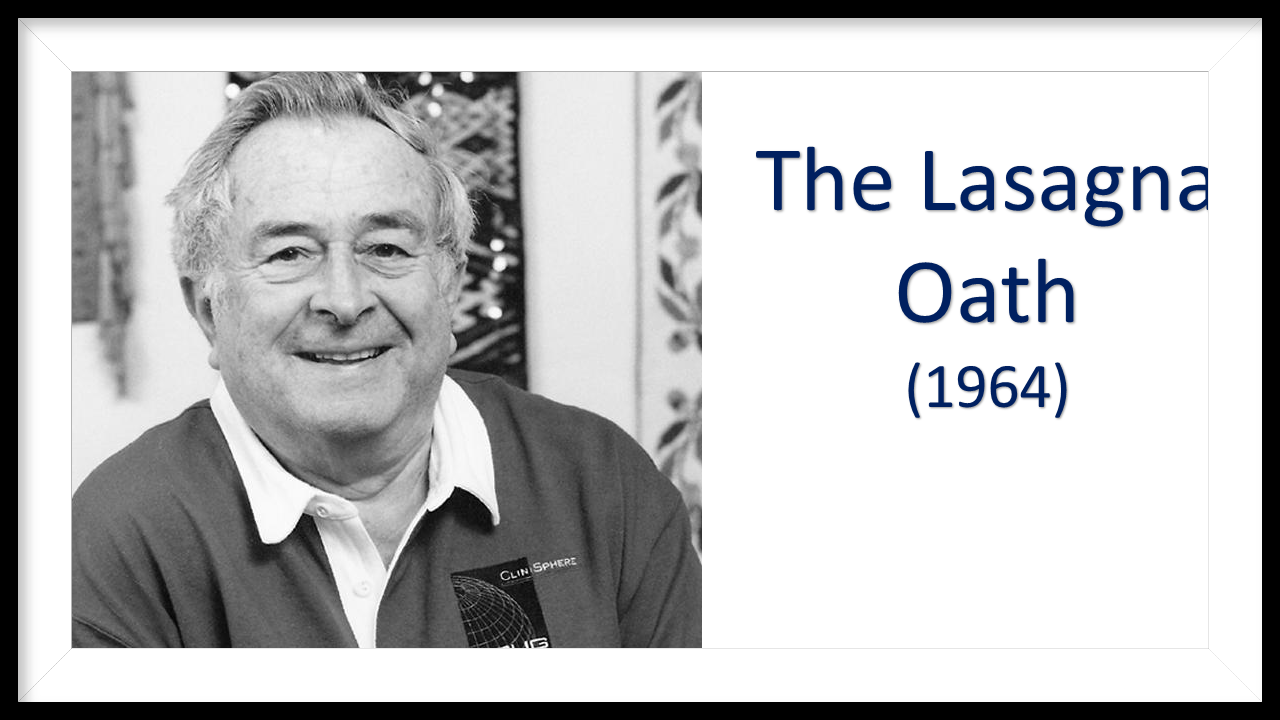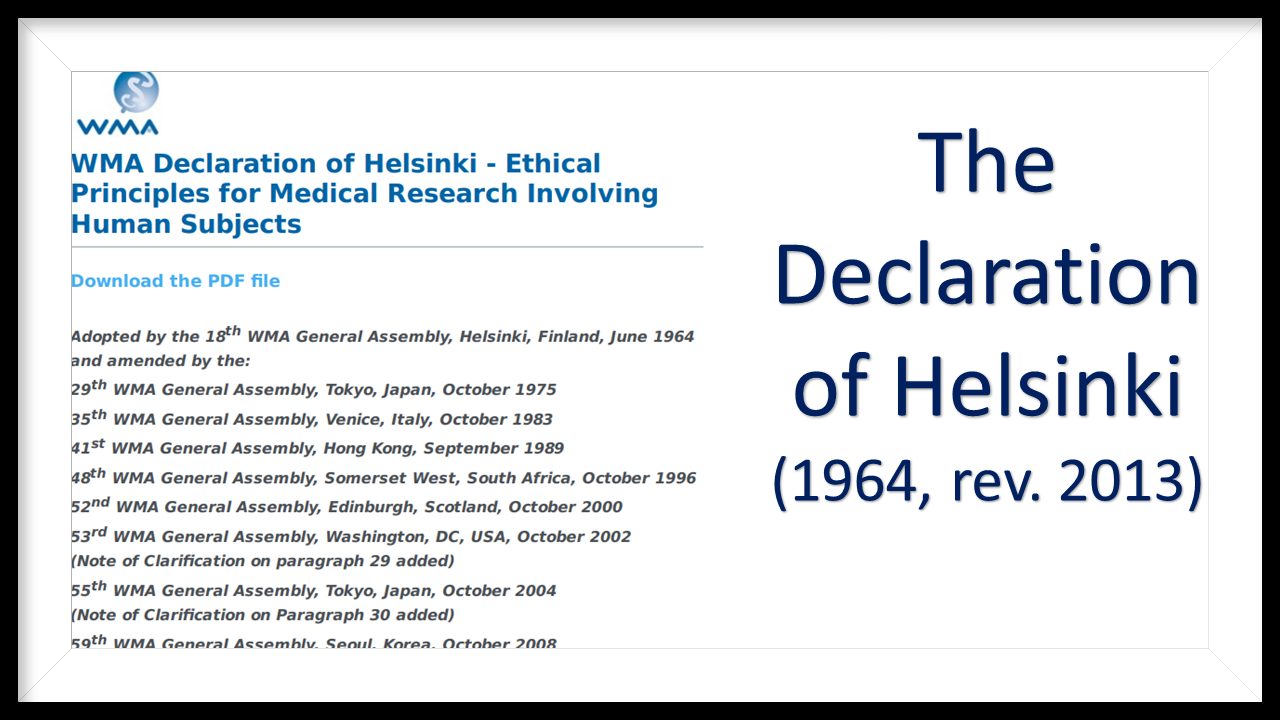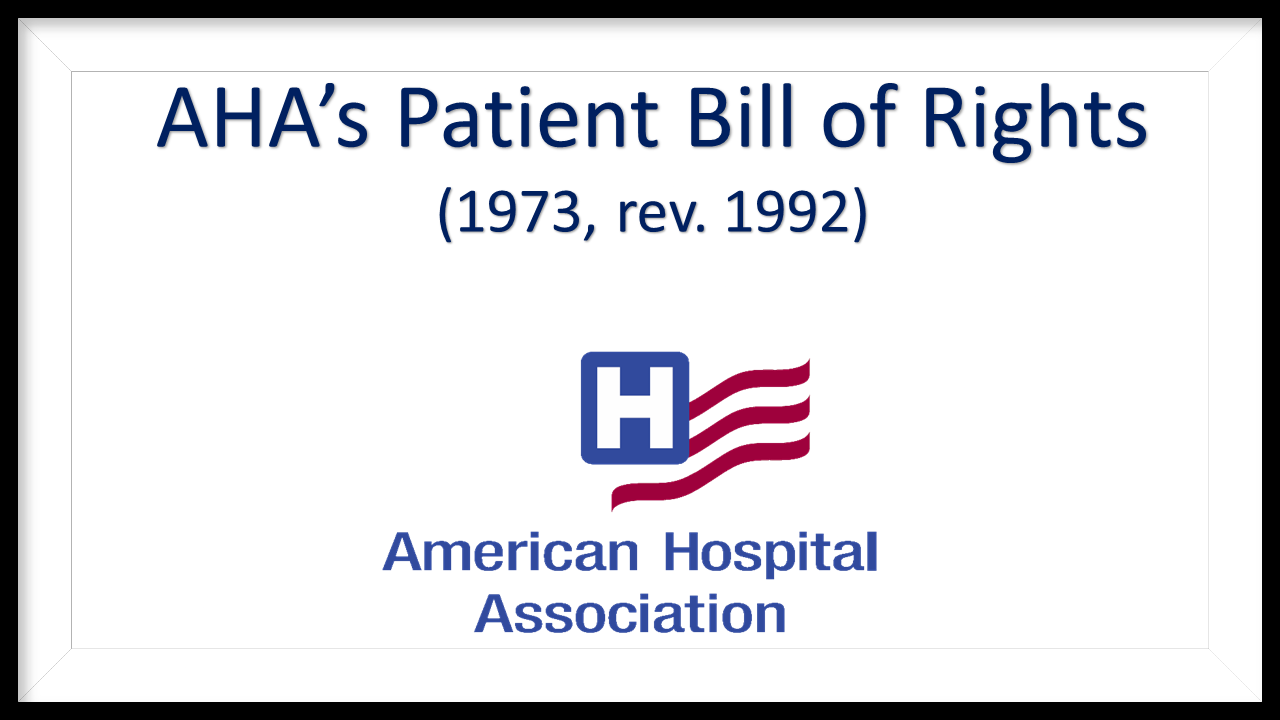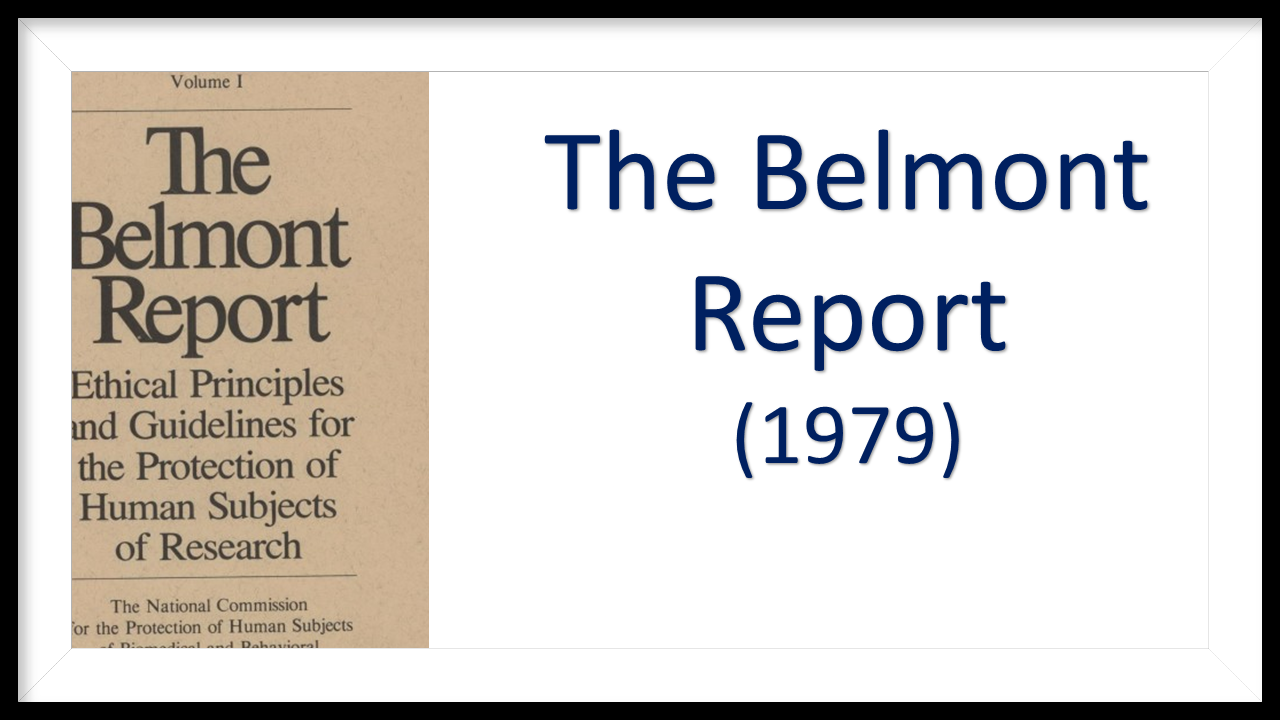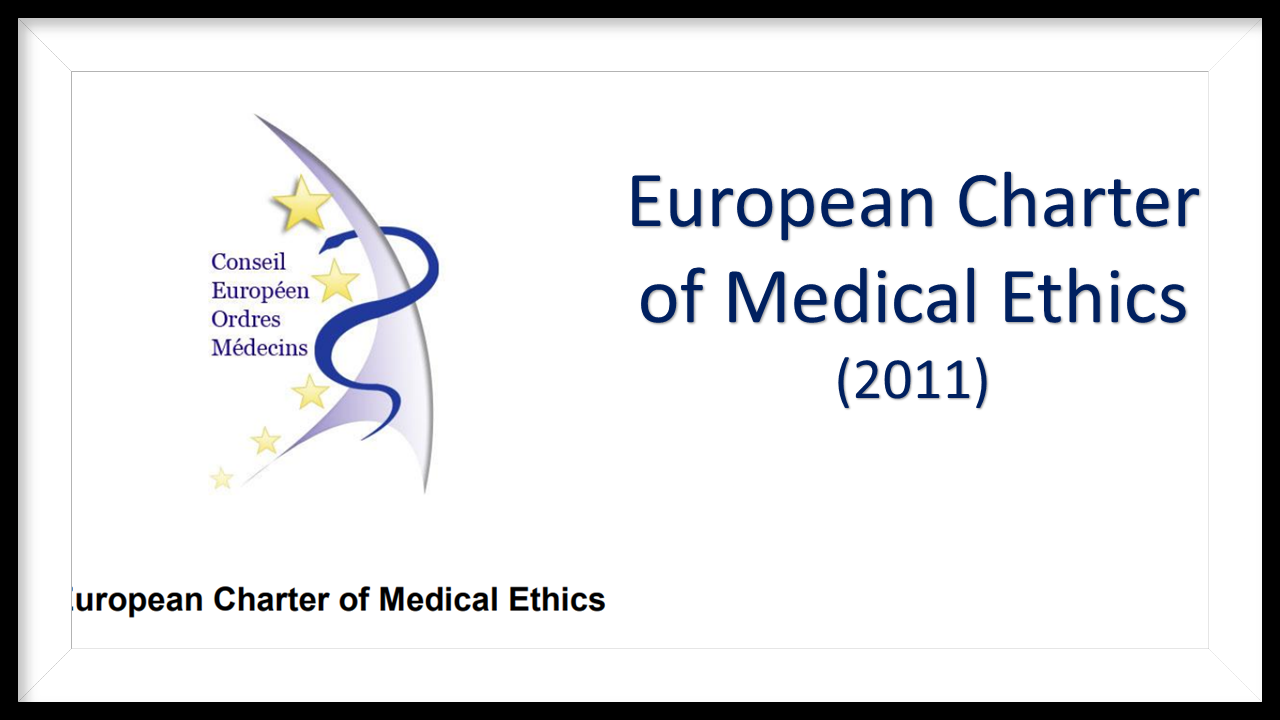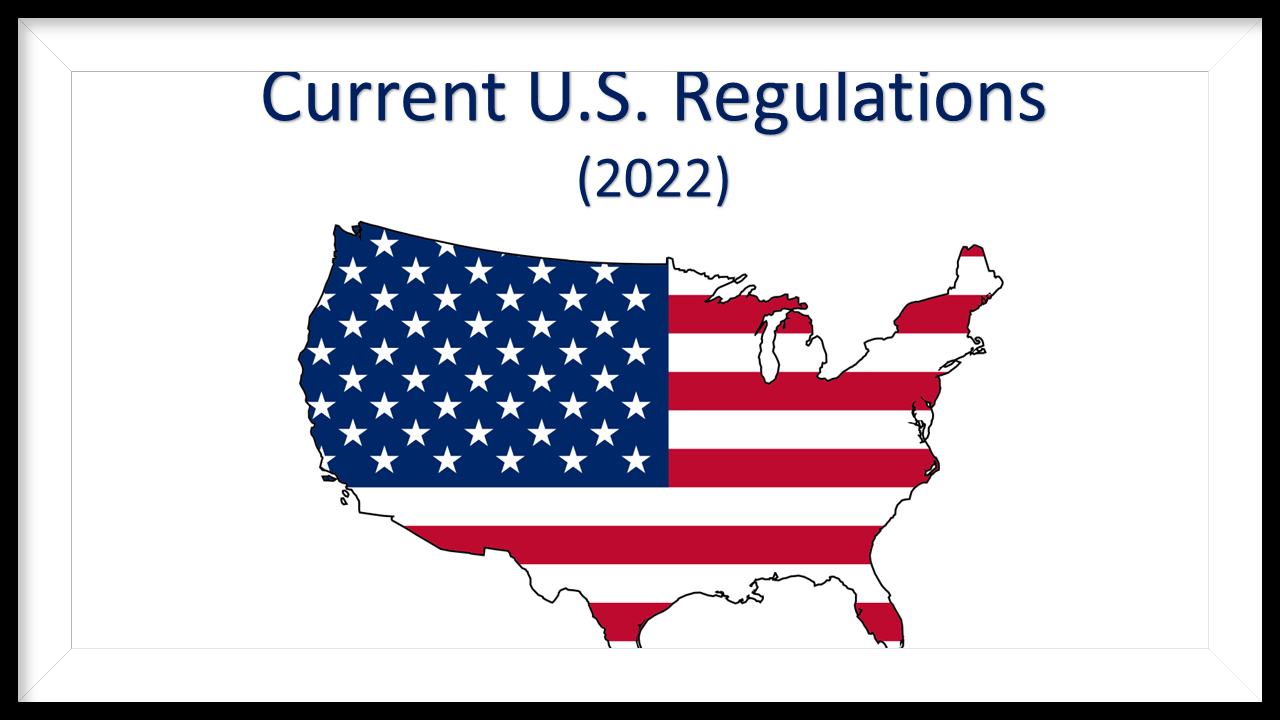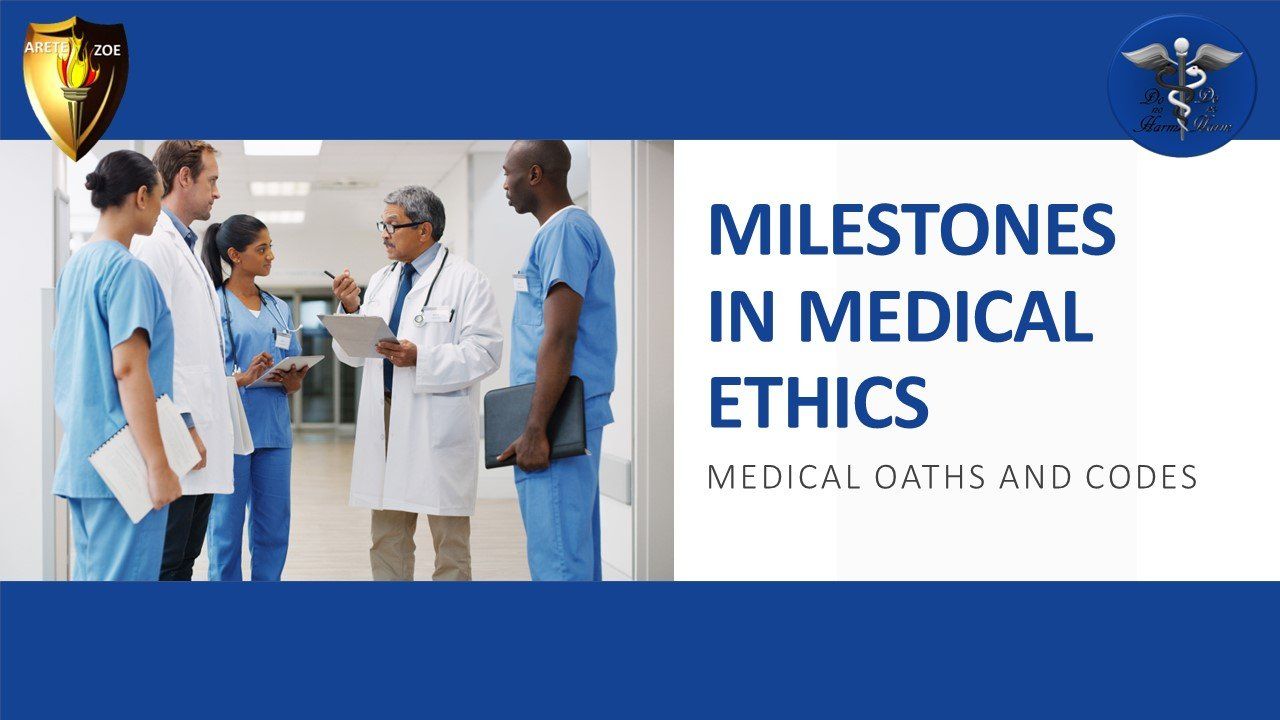
Follow VAERS Explorer on Social Media
The Lasagna Oath
(1964)
The most widely used modern version of Hippocratic Oath was adapted by Louis Cesare Lasagna. Lasagna (1932) was a respected expert in clinical pharmacology. He taught medicine and pharmacology at Johns Hopkins and the University of Rochester. Lasagna dedicated his work to improving clinical trials and the regulation of the effectiveness and safety of drugs. In 1962, Lasagna testified before Congress during the Kefauver hearings that followed the thalidomide disaster. The resulting Kefauver-Harris amendment required manufacturers to prove that their drugs are safe and effective as a condition of approval. Lasagna's version of the Hippocratic Oath emphasized a holistic and compassionate approach to medicine. The Oath is still used in many medical schools to this day.
Louis Lasagna's version of Hippocratic Oath (1964)
I swear to fulfill, to the best of my ability and judgment, this covenant:
I will respect the hard-won scientific gains of those physicians in whose steps I walk, and gladly share such knowledge as is mine with those who are to follow.
I will apply, for the benefit of the sick, all measures which are required, avoiding those twin traps of overtreatment and therapeutic nihilism.
I will remember that there is art to medicine as well as science, and that warmth, sympathy, and understanding may outweigh the surgeon's knife or the chemist's drug.
I will not be ashamed to say "I know not," nor will I fail to call in my colleagues when the skills of another are needed for a patient's recovery.
I will respect the privacy of my patients, for their problems are not disclosed to me that the world may know. Most especially must I tread with care in matters of life and death. If it is given me to save a life, all thanks. But it may also be within my power to take a life; this awesome responsibility must be faced with great humbleness and awareness of my own frailty. Above all, I must not play at God.
I will remember that I do not treat a fever chart, a cancerous growth, but a sick human being, whose illness may affect the person's family and economic stability. My responsibility includes these related problems, if I am to care adequately for the sick.
I will prevent disease whenever I can, for prevention is preferable to cure.
I will remember that I remain a member of society, with special obligations to all my fellow human beings, those sound of mind and body as well as the infirm.
If I do not violate this oath, may I enjoy life and art, respected while I live and remembered with affection thereafter. May I always act so as to preserve the finest traditions of my calling and may I long experience the joy of healing those who seek my help.
References:
Marks, Jay W: Medical Definition of Hippocratic Oath, MedicineNet 2021. Available at https://www.medicinenet.com/hippocratic_oath/definition.htm
Lasagna, Louis: Louis C. Lasagna papers (1947-2001). Call Number D.302. Repository: Rare Books, Special Collections, and Preservation, River Campus Libraries, University of Rochester. Available at https://rbscp.lib.rochester.edu/finding-aids/D302
Last updated: September 10, 2022
Milestones in Medical Ethics
Follow VAERS Explorer on Social Media


